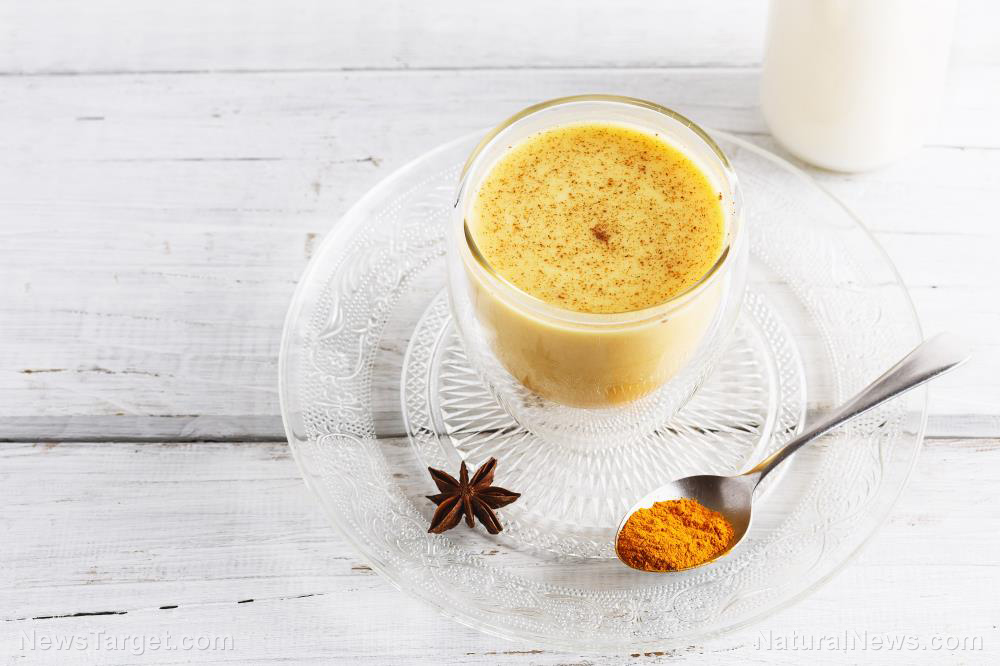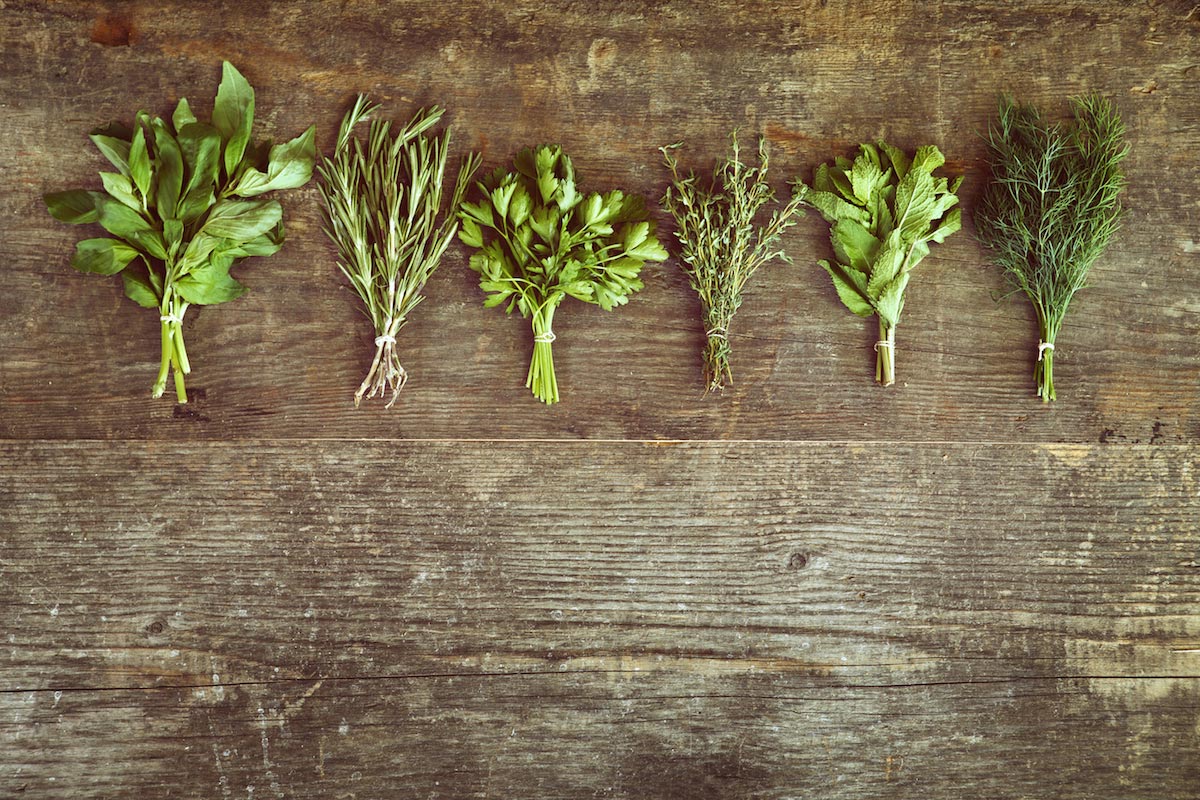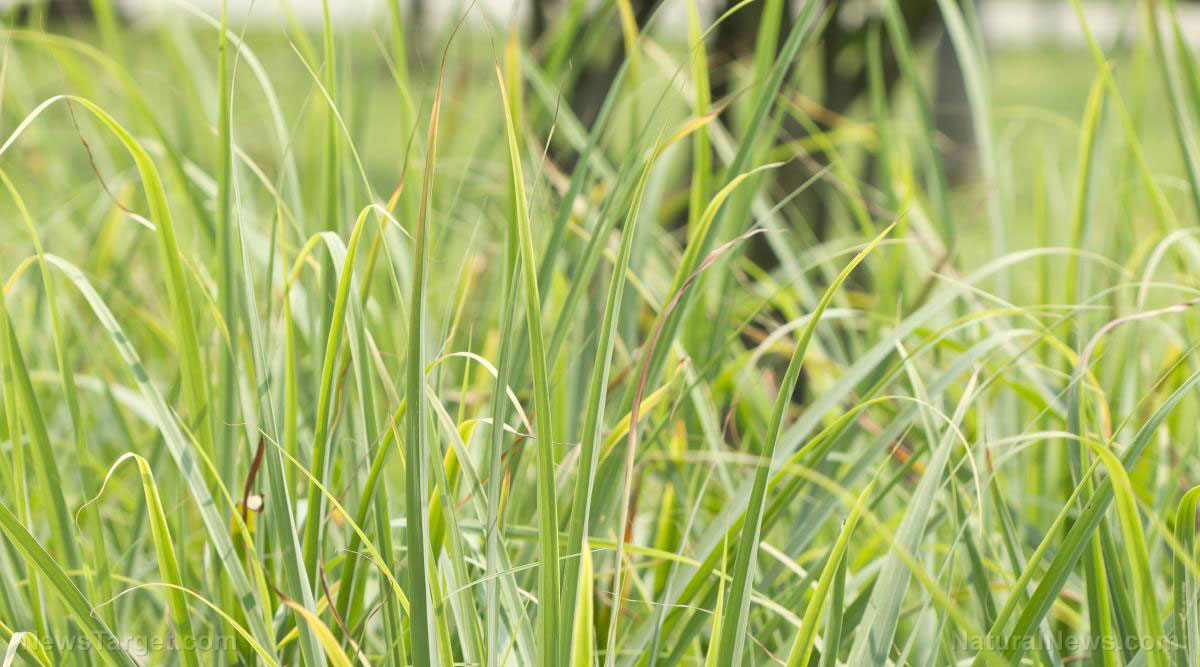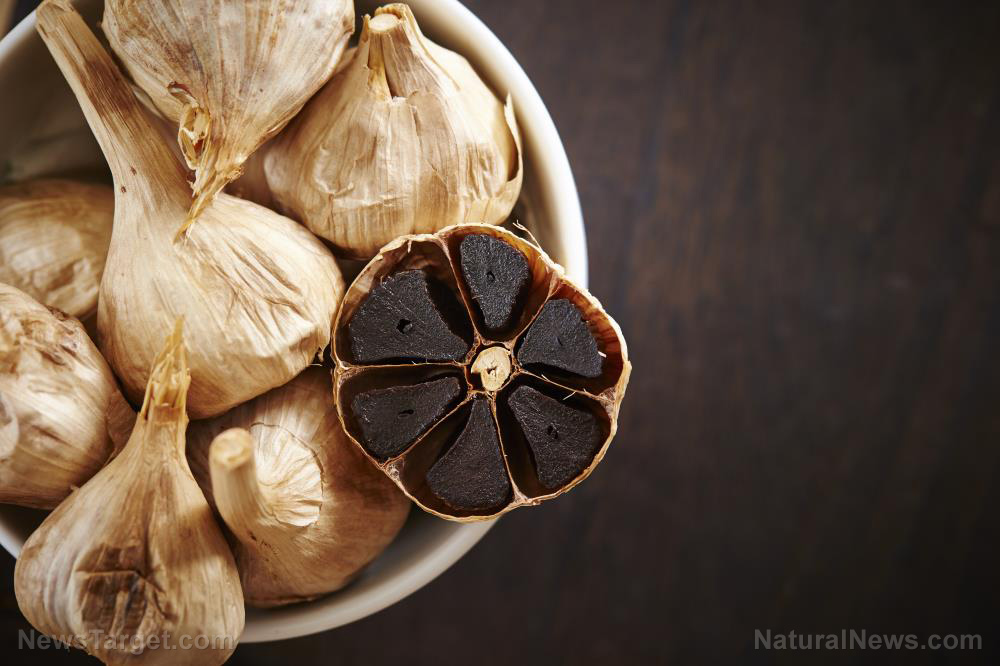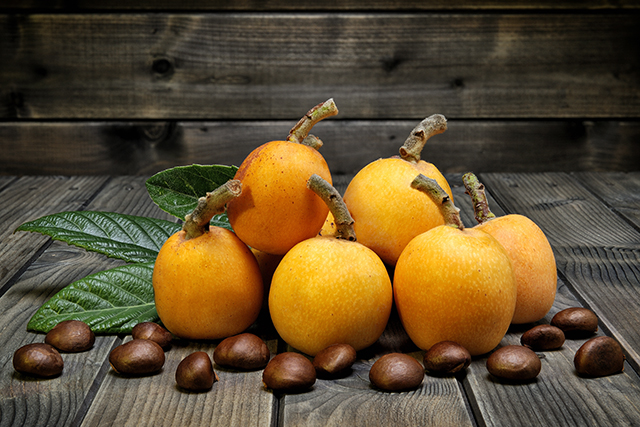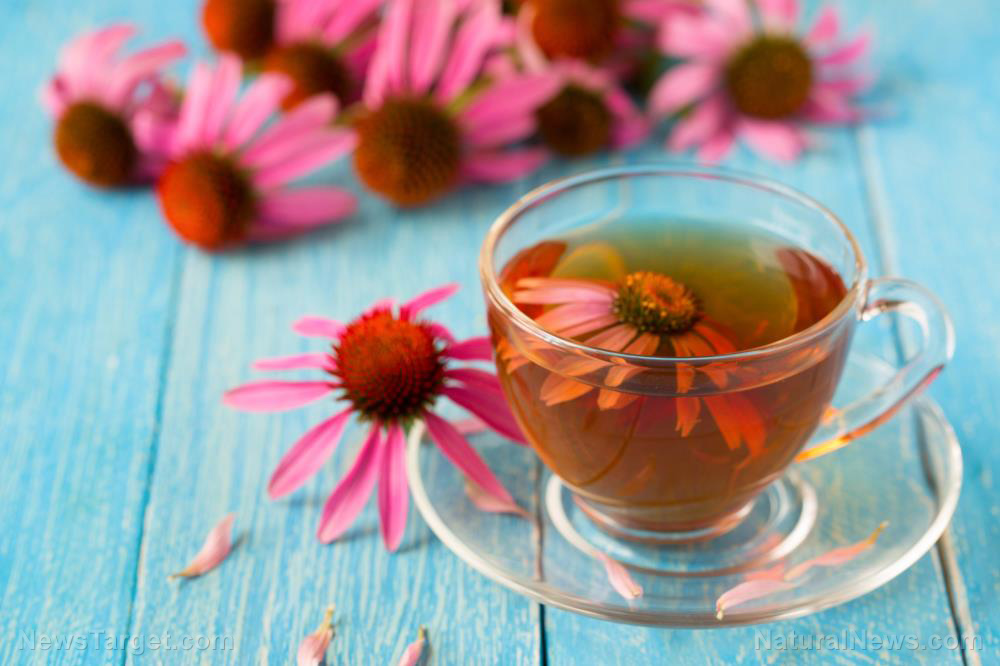Cannabis found to be an effective treatment for headaches and migraine pain, say researchers
02/26/2021 / By Cassie B.

Few things can derail a person’s day like a bad headache or migraine, and over-the-counter remedies often provide little relief. However, scientific studies are now pointing to cannabis as a potential solution for this common and frustrating problem.
One particularly promising study, which was led by Carrie Cuttler Of Washington State University, is the first one to use data from migraine and headache patients using cannabis as a treatment in real time; past studies were restricted to asking patients to recall the effects of past cannabis use.
Cutler said her team decided to perform the study because a significant number of people have said they use cannabis to relieve migraines and headaches but very few studies existed looking into the topic.
For this study, they looked at archival data from an application that allows patients to track their symptoms before and after using medical cannabis bought from producers and distributors in Canada. More than 1,300 patients’ data related to more than 12,000 instances of treating headaches with cannabis were studied.
“We wanted to approach this in an ecologically valid way, which is to look at actual patients using whole plant cannabis to medicate in their own homes and environments,” Cuttler said.
The researchers found that inhaled cannabis reduced peoples self-reported headache severity by 47.3 percent. Its effects on migraine severity were even more profound, with a 49.6 percent reduction. There was a small gender difference, with more sessions of headache reduction being reported by men than women at 90.0 percent versus 89.1 percent. Moreover, cannabis concentrates like cannabis oil were found to provide a bigger reduction in headache severity ratings than the cannabis flower.
One thing that did not seem to affect pain reduction was the level of tetrahydrocannabinol (THC) and cannabidiol (CBD) in the cannabis strains. Therefore, it is believed that different cannabinoids or other constituents in the plant could be responsible for relieving headaches and migraines.
Cannabis does not pose the problems seen with other popular migraine treatments
In addition, the researchers did not see any evidence that cannabis led to what is known as “overuse headache.” This is a problem with some of the more conventional treatments in which patients’ headaches get worse over time with repeated use of the same treatment. However, it is worth noting that they did see patients turning to larger doses of cannabis over time, which may point to people developing a tolerance to the drug.
Cuttler acknowledged that there may be some slight overestimates of its effectiveness because they were not able to use a placebo control group, and the self-selected group of people involved may have already anticipated cannabis would alleviate their symptoms. Nevertheless, the research gives medical cannabis patients and their physicians more information about how it may help them to manage headaches and migraines. She hopes that the research will inspire other scientists to carry out placebo-controlled trials. The study was published in the Journal of Pain.
A smaller study found that pills containing cannabinoids reduced migraines in patients by as much as 43.5 percent. The study found that pills containing the cannabis compounds CBD and THC worked better at relieving migraines and cluster headaches than the drug amitriptyline, which is frequently prescribed to migraine patients and comes with side effects such as drowsiness and weight gain that are dealbreakers for many patients.
Migraines are the third most common illness in the world, according to the Migraine Research Foundation, so there is a very strong need for a safe solution to this debilitating problem. Cannabis could well prove to be a valuable tool in alleviating millions of people’s suffering.
Sources for this article include:
Tagged Under: alternative medicine, cannabis, CBD, headaches, migraines, natural cures, natural medicine, pain relief, remedies, research, THC
RECENT NEWS & ARTICLES
Herbs.News is a fact-based public education website published by Herbs News Features, LLC.
All content copyright © 2018 by Herbs News Features, LLC.
Contact Us with Tips or Corrections
All trademarks, registered trademarks and servicemarks mentioned on this site are the property of their respective owners.




